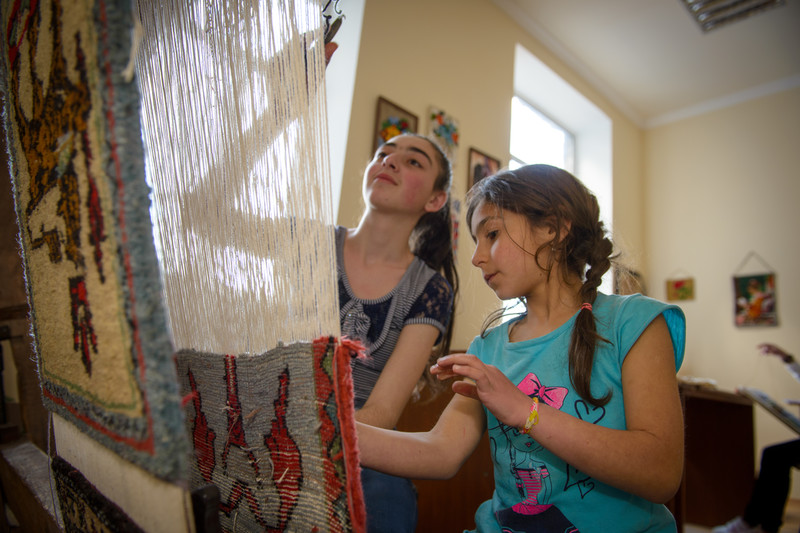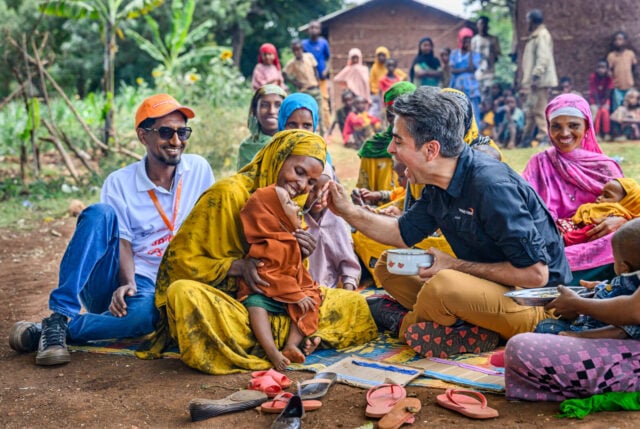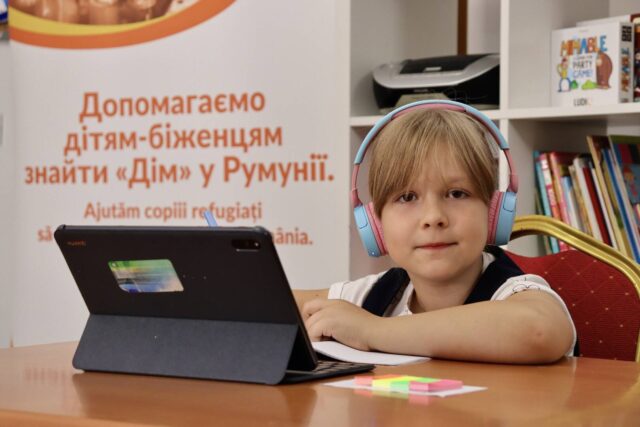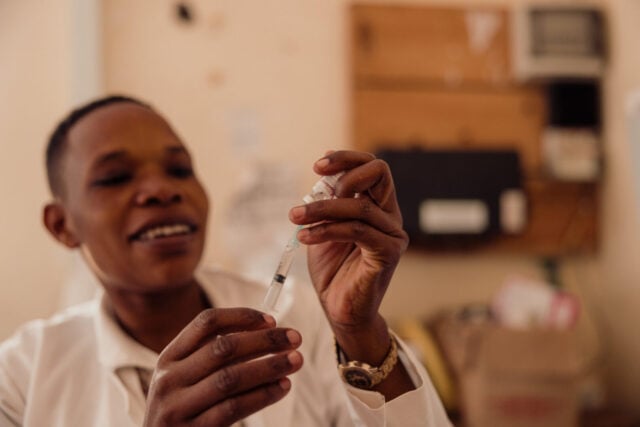In an isolated Armenian town that has seen better days, life’s difficulties can seem insurmountable. Unemployment is high, infrastructure is crumbling, and most people live in poverty.
This is Gavar, a dusty enclave in east-central Armenia where multiple generations crowd into tiny houses. Opportunity is scarce. Many families cannot afford a car — or even running water.
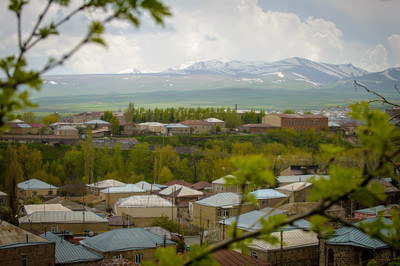
The Soviet Union shut down Armenia’s churches for 70 years, and even after communism’s demise in 1991, remote towns like Gavar didn’t have the resources to rebuild spiritual centers. Families had nowhere to foster community, especially stay-at-home Gavar mothers.
“There was a great need for women, especially housewives, to have a place to be together,” says Hasmik Setaghyan, the wife of a local priest.
Recognizing this need, Gavar’s apostolic church pastors and World Vision joined forces more than 10 years ago. In a move filled with irony, the church claimed an abandoned Soviet factory, just as the Soviet Union had taken over Armenia’s apostolic churches decades earlier. World Vision helped renovate classrooms to create a place for Sunday school that would serve local young people, many of them sponsored children, and their families.
But this is no ordinary Sunday school.
Two times a week, dozens of women and children gather in refurbished rooms to share with one another, learn new skills, and grow in self-worth. Prompted by Hasmik, who runs the activities, faith is interwoven into their discussions — and their friendships.
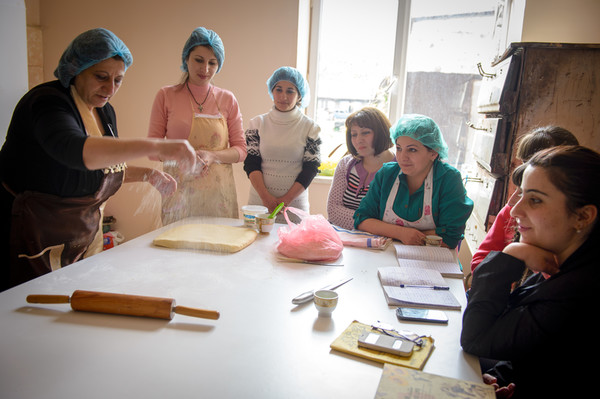
As a result, faith and esteem are flourishing in the midst of cooking classes for women and puppet shows, weaving, and other traditional arts for girls and boys.
On a Wednesday afternoon, the Sunday school rooms are filled with conversation and laughter. In one room, the stage is set for puppetry as children giggle behind a crimson curtain, waiting to perform a national folk play. This is no makeshift crew, but a group of young people who travel as far as Bulgaria with their puppets, garnering awards for their outstanding performances.
Down the hall, mothers and a few daughters are learning to create traditional Armenian dishes. Today they are making a pastry dessert. “Once I bought cakes, now I can make them and save money,” one woman says with pride.
But the food isn’t the most important outcome of the time the women spend together. “Besides learning to cook new things, we’ve become friends,” says Anna Abagyan, whose two daughters participate in the puppetry group. “And now we want to be together in church and celebrate together.”
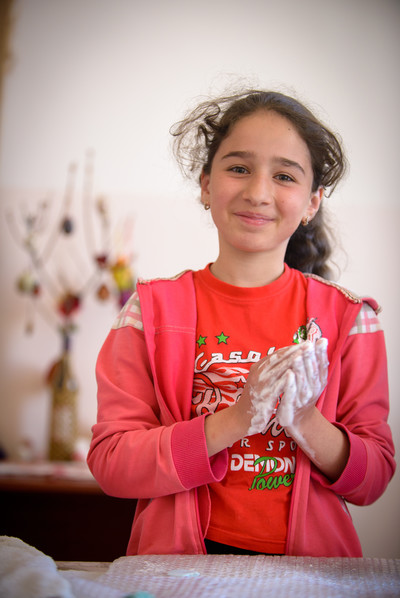
Up the stairs from the kitchen, young people work at traditional looms, creating wool carpets. One of them, 13-year-old Armida, has discovered a new kind of joy working with traditional Armenian art forms. “I like being part of historical art by making these rugs,” she says.
Across the hall, girls are felting, rubbing llama wool with soap and water, carefully shaping dolls, flowers, even hats. Their award-winning craftsmanship has been on display in an Armenian folk museum. Others are painting eggs, weaving macramé, or learning English skills that build young people’s self-esteem.
Ultimately, however, the activities are secondary to the goal of helping women and children to discover their identity not in crafts and cooking, but in Christ. Many of the people who participate in the Sunday school had never been to church. Now they flock there.
“I try to teach them so they have direction,” says Hasmik, “so they are on the path to strong faith. We’ve seen it changing people.”
Distinctives of World Vision’s faith-building work
As a Christian humanitarian agency working in nearly 100 countries, World Vision seeks to share Jesus Christ wherever God opens doors. Learn what’s unique about our approach.
- We follow Christ to serve in the world’s hardest places, even where Christians are a minority.
- As we share the good news with those we serve, we encompass all three dimensions of Christ’s mission: proclamation, compassion, and justice.
- We seek to mobilize the whole Church, partnering with all Trinitarian churches (Protestant, Catholic, and Orthodox).
- Bearing witness in nearly 100 countries, we have opportunities to show God’s love to people of all the world’s major religions.
- We seek to help people grow in Christian faith no matter where they are in their spiritual journey.
- Because children are a priority, we provide context-sensitive spiritual nurture for more than 4 million children living in the communities where we work.
- We partner with Christian churches to serve other faith communities as a witness to Christ.
Our staff work in project communities for years, intentionally demonstrating Christ’s love through their character, words, actions, and dedicated presence.
